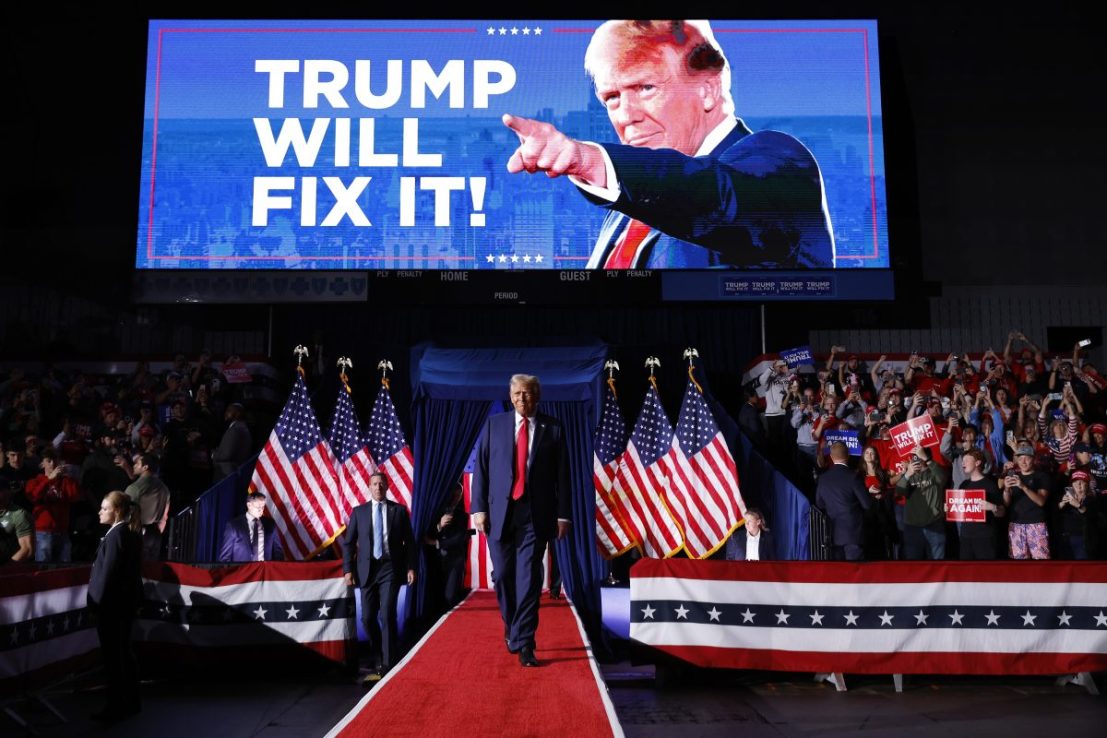Ministers refuse to rule out hike to employer national insurance rate
The Chancellor and business secretary have again refused to rule out a hike employers’ National Insurance (NI) contributions in the upcoming Budget when speaking on the sidelines of the government’s investment summit today. Speaking exclusively to City AM on the question of whether Labour would increase employers’ NI, Jonathan Reynolds stressed: “I think the manifesto [...]


The Chancellor and business secretary have again refused to rule out a hike employers’ National Insurance (NI) contributions in the upcoming Budget when speaking on the sidelines of the government’s investment summit today.
Speaking exclusively to City AM on the question of whether Labour would increase employers’ NI, Jonathan Reynolds stressed: “I think the manifesto commitments about the taxes on working people were absolutely clear.
“I think our commitments on corporation tax and the business taxation roadmap were absolutely clear.”
Labour has come under pressure in recent weeks to clarify its position on whether its manifesto commitment not to increase national insurance contributions paid by working people – the employee element – also applied to freezing the sum paid by employers.
Talking to journalists ahead of her speech at the Guildhall summit, Rachel Reeves also gave the clearest signal yet that businesses will face a hike to their NI on 30 October.
“We were really clear in our manifesto that we weren’t going to increase the key taxes paid by working people: income tax, national insurance and VAT,” she said.
“And, on the business side of commitment, that we would cap corporation tax at its current rate of 25 per cent which was the lowest in the G7 and we will stick to the commitments we made in our manifesto.”
She stressed that the government faced a “£22bn black hole over and above anything that we knew about going into the election that we need to fill”, adding: “The precondition for bringing investment into a country is economic and fiscal stability.
“We are going to need to close that gap between what the government is spending and what you’re bringing in through tax receipts.
“I have been really clear that the first of our fiscal rules is that we will pay for day-to-day spending through tax receipts.
“At the moment, we’re not on track to be able to do that by the end of the parliament, because of that black hole, and so decisions will need to be made.
“But you know, we are going to be a government that sticks to our manifesto commitments, including that one.”
Reynolds also argued: “Businesses want firm foundations. Business leaders themselves know what it’s like to have to turn around a situation, like what the government has inherited.
“I don’t think anyone fails to recognise that there is a challenge… it’s going to be a Budget for growth and the long term. The commitment from the Chancellor to that is absolutely rock solid.”
And he added: “Fundamentally, again, what we want, what businesses tell us they want, is long-termism, seriousness.
“The whole government focused on growth. I think the prospects for the UK are incredibly optimistic from this change of government, and you can sense that optimism here.”



